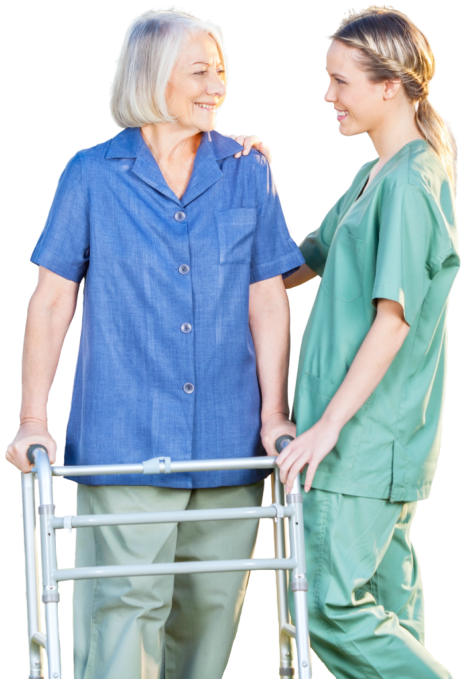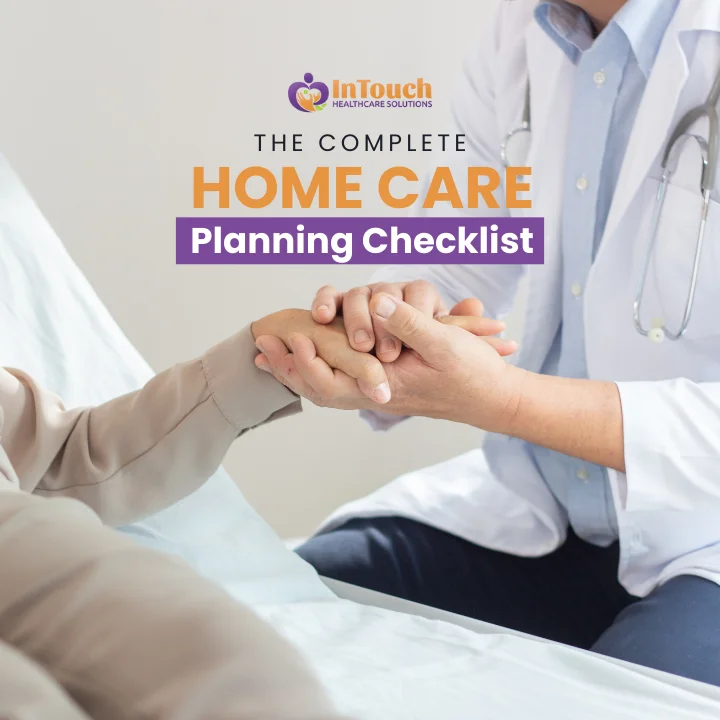Our stroke care services include:
Medication Reminders
Timely medication is essential after a stroke. Our caregivers help ensure prescriptions are taken correctly and alert families to any side effects or concerns.
Mobility & Transfer Assistance
We help clients move safely around their home, reducing the risk of injury while supporting strength and balance recovery.
Fall Prevention
Home safety is a top priority. We assist with mobility devices and create safer environments to reduce the risk of falls.
Personal Care
We assist with daily hygiene routines such as bathing, dressing, and grooming—always with dignity and comfort in mind.
Speech & Cognitive Support
Stroke often affects speech and memory. While we don’t replace licensed therapists, our caregivers help reinforce speech and cognitive exercises between therapy sessions.
Nutrition & Feeding Assistance
Eating well supports healing. We assist with meal prep, feeding, and monitoring for swallowing difficulties common after a stroke.
Emotional & Companionship Support
Stroke survivors may face depression, mood swings, or frustration. Our team offers patience, encouragement, and steady emotional support.
Our services are proudly available throughout Maryland and Virginia, providing professional medical support to individuals in need of ongoing or short-term care.
Request More Information
If you or a loved one needs reliable home healthcare services, our team is here to help. Contact us to discuss your care needs and explore how we can support your well-being at home.






